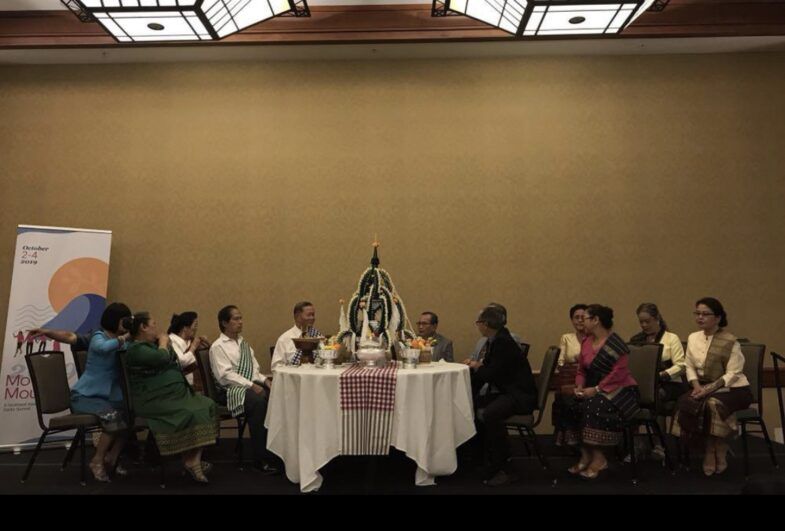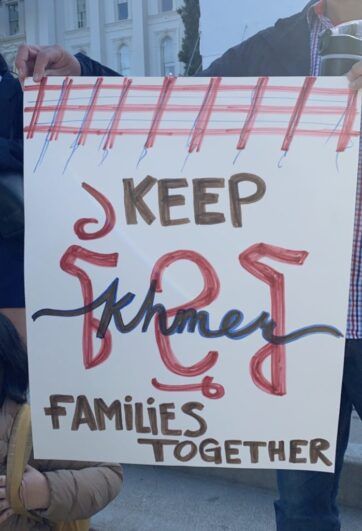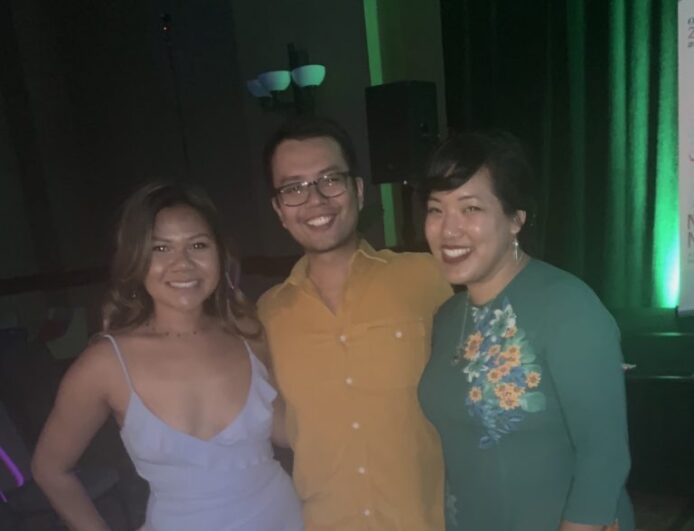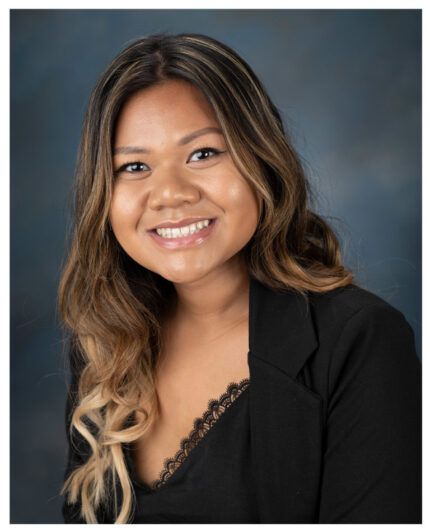As the daughter of Cambodian refugees, I grew up in a low-income area of Danbury, CT. I was surrounded by some of the most marginalized in my neighborhood; sex workers, the homeless, and those with substance use disorders. Witnessing the major need for systemic change in my own backyard, I went on to college to become a social worker. With the small Asian American demographic within my undergrad and graduate programs, I gladly stood as an ally for my fellow Latinx and Black activists. And while I remained passionate about participating in community organizing and policy change for these groups, I never engaged in advocacy work for my own racial or ethnic group. I also never learned in school about any Asian American Revolutionist that fought to combat racism and discrimination in the Asian community, especially not within the Southeast Asian community.
Attending SEARAC’s Moving Mountains Summit felt like I was finally coming home to a family that understood what it was like to be a first-generation Cambodian American.

On my first day of the three-day long summit, I was in shocked delight to see the diversity in the room. Originating from the small state of Connecticut, I truly never had the opportunity to engage with so many passionate, like-minded, outspoken Southeast Asian activists. I was fortunate enough to sit in on workshops that explored the intersections of reproductive justice, sexual violence, and civic engagement.
“Earlier this year, my cousin was deported to Cambodia, and it has shaken my entire family.”

But the most captivating part of the summit was participating in a rally to protest the deportation of Cambodian refugees. We designed posters the day before and marched in front of Sacramento City Hall and the Federal ICE building. Our rally leaders told compelling stories that brought tears to our eyes of how deportation had personally impacted themselves and their respective communities. It was extremely emotional and surreal to be standing in solidarity with my Southeast Asian community for the first time, fighting for something that has personally affected my own family.
Earlier this year, my cousin was deported to Cambodia, and it has shaken my entire family. He is a man with a huge heart and has always guided me with love and without judgement. When you separate a family it doesn’t just affect that person’s immediate family. It impacts their nephews, aunts, uncles, cousins, and those who aren’t even related by blood in our community. It impacts temples, churches, mosques, schools, and instills anxiety and fear into whole populations of people.

Now looking back, I think it was somewhat intentional of me in the way I chose to participate in advocacy work that was separate from my racial identity. When social issues hit too close to home, it can sometimes be too hard to handle. In addition, for years I had rejected my identity as the daughter of Cambodian refugees because of internalized oppression.
But because of the APAICS fellowship, I was able to attend this summit that reinforced my love for myself and for my community. It reminded me that I have millions of people that can relate to my story and stand with me in resilience and strength. I am also reminded to always relish in my identity, as the first in my family to be tasked with self-actualization, and no longer just with basic survival.

Nary Rath is a Legislative Fellow for Senator Jacky Rosen through the Asian Pacific American Institute for Congressional Studies. She is Cambodian American and the daughter of refugees that arrived to the United States in the 1980s following Pol Pot’s dictatorship. She graduated with her master’s in social work with a concentration in policy practice from the University of Connecticut.
